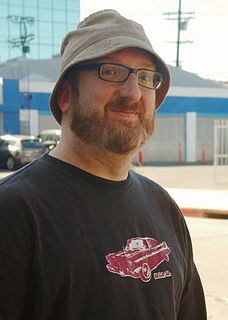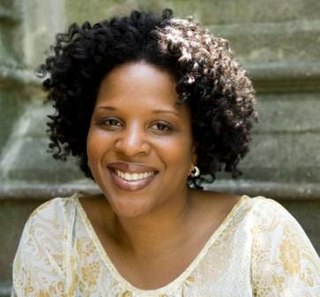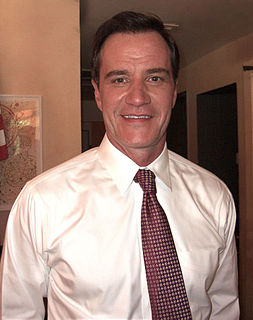A Quote by Alison Gopnik
Imaginary friends are one of the weirder forms of pretend play in childhood. But the research shows that imaginary friends actually help children understand the other people around them and imagine all the many ways that people could be.
Related Quotes
Even the very youngest children already are perfectly able to discriminate between the imaginary and the real, whether in books or movies or in their own pretend play. Children with the most elaborate and beloved imaginary friends will gently remind overenthusiastic adults that these companions are, after all, just pretend.
I started to make a joke that I had an imaginary friend underneath the let-out couch named Binky. I would never talk to him; I would only use him as entertainment for other people. I knew they thought that children had imaginary friends, so I was like, "I don't really believe in imaginary friends, but I want to feel like I do." I used to make a joke, "My imaginary friend Binky says this," because I knew it would get a laugh out of them.
I had an incredibly full life with my imagination: I used to have all sorts of trolls and things; I had a wonderful world around my toys and invented people. I don't mean I had imaginary friends; I just had this big imagination thing going on. I didn't need any imaginary friends, because I had so much other stuff going on.
For any artistic person who creates imaginary people, the art is like inhabiting the life and mind of a seven-year-old child with imaginary friends and imaginary events and imaginary grace and imaginary tragedy. Within that alternate universe, the characters do have quite a bit of free will. I know it's happening in my mind and my mind alone, but they seem to have their own ability to shape their destinies. So I'm not shooting for anything. If the characters are vulnerable it's simply because they're very human.
Many of them [people who escaped religion] recounted both the terror and the relief they felt after leaving religion behind. Terror at realizing there was no longer an imaginary friend; relief that no one was looking over their shoulder any more. Several described the experience as similar to that of a child learning to go to sleep without a favorite teddy bear. Others described it as simply growing up or outgrowing the need for the imaginary friends of childhood.
Religion is the yeast of death cakes. It is the most awful agent on a vulnerable mind. It's the refuge of alienated and lonely people. It's what people had before television. It yokes people together into an imaginary world. It is just people talking to their imaginary friends, at length. I wouldn't mind, but some of the people are world leaders.
Now, the term 'friend' is a little loose. People mock the 'friending' on social media, and say, 'Gosh, no one could have 300 friends!' Well, there are all kinds of friends. Those kinds of 'friends,' and work friends, and childhood friends, and dear friends, and neighborhood friends, and we-walk-our-dogs-at-the-same-time friends, etc.





































